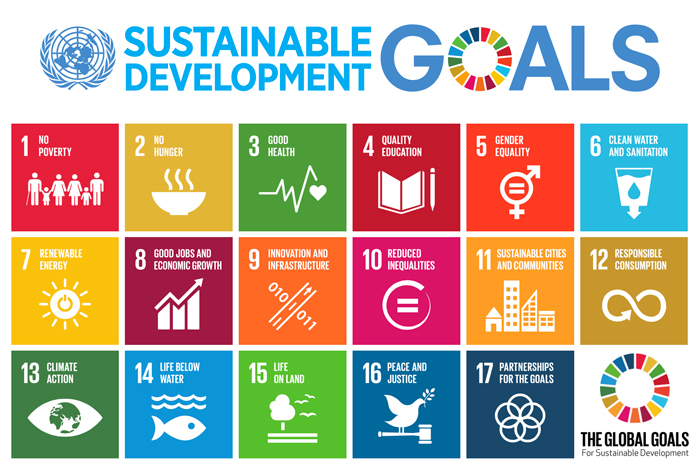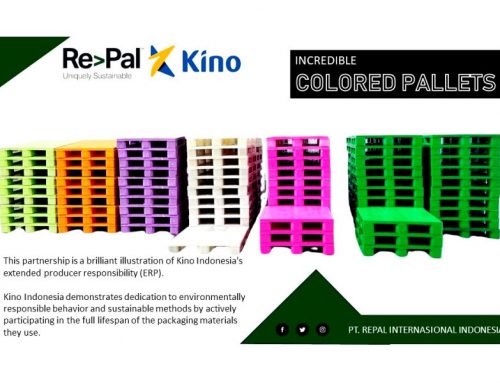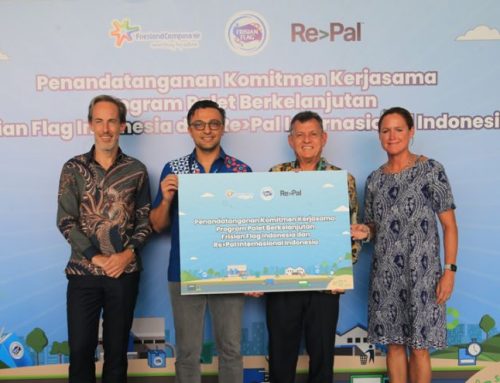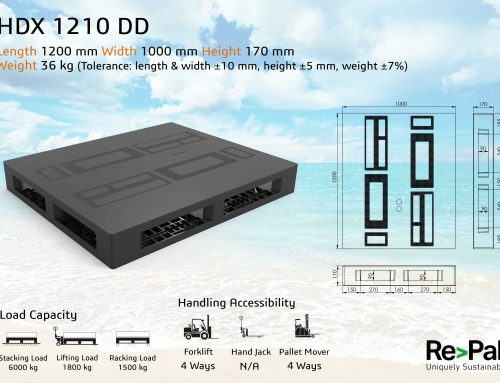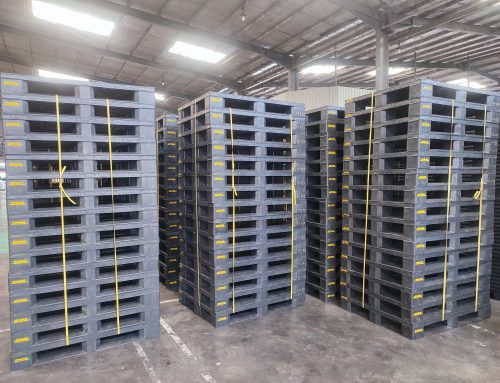Monday 5th September 2016
The Sustainable Development Goals (SDGs), officially known as ‘Transforming our world: the 2030 Agenda for Sustainable Development’, are an intergovernmental set of aspirational Goals with 169 targets, spearheaded by the UN. The Sustainable Development Goals (SDGs) effectively replace the Millennium Development Goals (MDGs), which were in place from 2000 to 2015. While not all of the targets for the MDG’s were met, they certainly became a fulcrum for global development. In 2012, at Rio+20, it was agreed that a new set of goals would be drawn up, based on widespread stakeholder engagement. These goals are not only targeted at developing countries like the MDGs. Instead, they recognise the need for the involvement of developed countries in ensuring we reach the collective goal of global sustainable development. The UN and international community recognise the real need for contributions from private industry in reaching these goals, and coalitions of businesses from around the world were heavily involved in their development, and will be instrumental in their application.
MDG sceptics have long argued that the only reason people were lifted out of poverty from 2000-2015 was the economic growth of developing and middle-income markets, most notably China and India. In a sense, the SDGs build on that argument and embrace private sector growth as a means for development and poverty reduction.
Goal 8 includes targets to achieve full employment for all, protect labour rights and tackle the Neet (people not in education, employment or training) crisis. It also includes the memorable phrase “decouple economic growth from environmental degradation”, which could become the slogan for sustainable business. Unilever is a great example of this, having the goal to decouple their environmental footprint from their underlying sales growth as a part of their core strategy. Goal 9’s ‘sustainable industrialisation’ talks of a need to significantly raise industry’s share of employment and gross domestic product, and double its share in the world’s least developed countries, which very much embraces a private sector agenda.
“The important element for business is that their role has been recognised,” says San Bilal, head of the economic transformation and trade programme at the European Centre for Development Policy Management. “They are not considered the bad guys any more. The discourse has changed – seeking to make profit is not seen as incompatible with development.”
The removal of subsidies and trade barriers recurs throughout. As well as fossil-fuel subsidises, the prohibition of fisheries subsidies is called for in Goal 14. Goal 17 gives robust support to global business and free trade, and calls for meaningful trade liberalisation under the World Trade Organisation (WTO), while the ‘means of implementation’ section of the SDGs twice describes international trade as an ‘engine for inclusive economic growth’.
Furthermore, the circular economy, supply chain auditing and sustainability reporting – all come out of the shadows and into the limelight. Goal 12 calls for the 10 year Framework of Programmes on Sustainable Consumption and Production to be implemented, which promotes whole life cycle, cradle-to-cradle approaches among other things. Target 12.6 calls on member states to encourage companies to integrate sustainability information into their reporting cycle. We can expect to see a lot of activity around reporting standards such as the Global Reporting Initiative, which reports on all aspects of environmental sustainability, human rights and corporate social responsibility.
Businesses of all kinds and sizes can adopt some of the principles set out in the SDG’s in to their strategies. There are many rewards for helping to invest in socially responsible agendas such as the SDGs, including increased legitimacy, reputational benefits, competitive advantage, risk reduction, and financial rewards, in addition to the benefit of helping to make the world a better place. The UN Business Advisory Council has set up a website that will offer businesses a step-by-step guide as to how they can incorporate the SDG’s in to their strategies.

